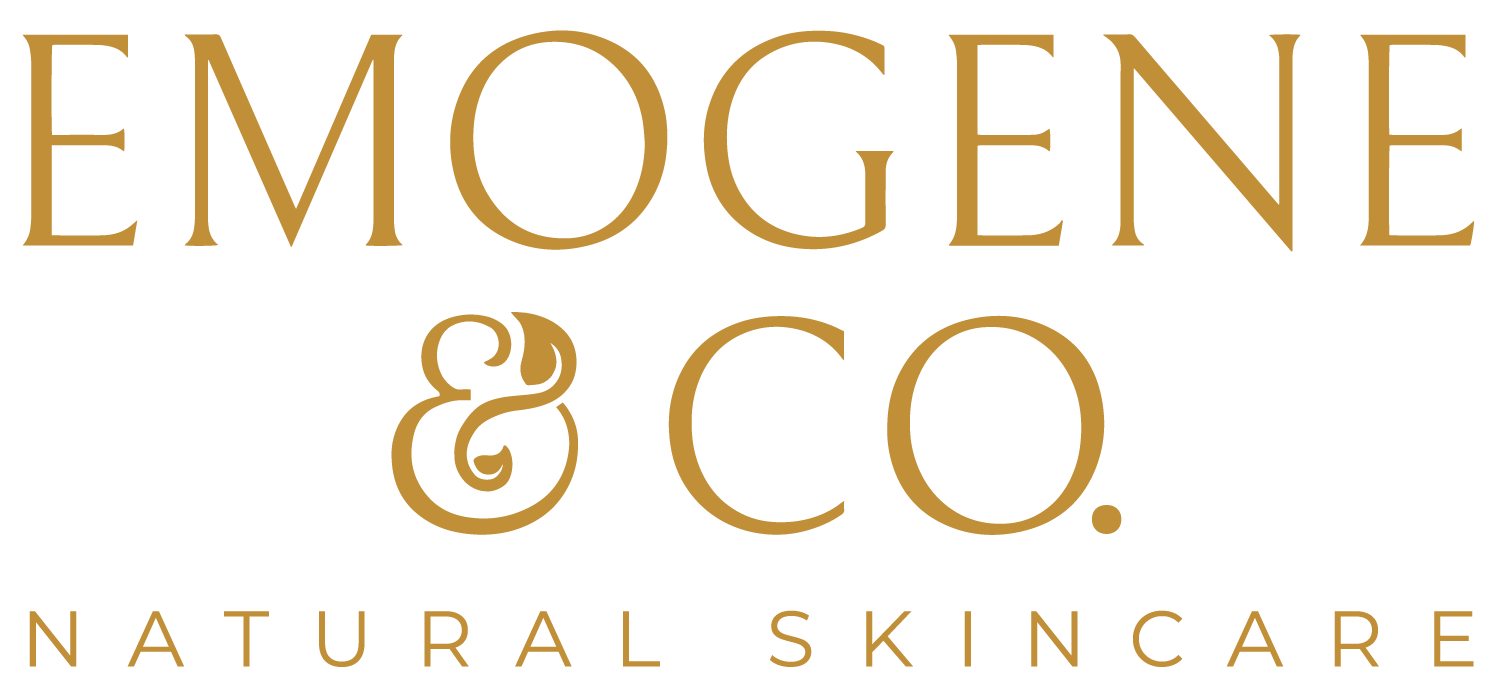Inflammation is at the root of many common skin concerns, ranging from breakouts and redness to irritation and premature aging. As a pharmacist, I often remind patients that while prescriptions have their place, nature offers a powerful toolkit of ingredients that support healing, balance, and resilience, without unnecessary irritation.
Here’s your pharmacist-formulated guide to the top anti-inflammatory skincare ingredients from nature, how they work, and where to find them.
Nature’s Top Anti-Inflammatory Skincare Ingredients
1. Calendula (Calendula officinalis)
-
Why it works: Rich in flavonoids that fight inflammation and support skin repair.
-
Best for: Dry, irritated, or post-procedure skin.
-
Try it in: Emogene & Co. The Healer All-Purpose Balm.
2. Chamomile (Matricaria recutita)
-
Why it works: Contains apigenin, which reduces histamine-related inflammation and soothes redness.
-
Best for: Sensitive, itchy, or inflamed skin.
-
Try it in: Remedy Body Oil or CocoVanil Lip Conditioner.
3. Tea Tree Oil (Melaleuca alternifolia)
-
Why it works: Natural antibacterial and anti-inflammatory properties make it effective for blemish-prone skin.
-
Best for: Acne, clogged pores, or folliculitis.
-
Pharmacist tip: Look for it in gentle formulations, such as Refresh Gel Cleanser, Fortiphy Cleansing Balm, and Repair Facial Oil, where it's balanced with calming agents to prevent over-drying.
4. Licorice Root Extract (Glycyrrhiza glabra)
-
Why it works: Glycyrrhizin, its key compound, reduces inflammation and helps fade hyperpigmentation caused by irritation.
-
Best for: Post-acne marks, redness, and rosacea-prone skin.
-
Pharmacist tip: A great alternative to hydroquinone for brightening with less sensitivity.
-
Try it in: Prime Niacinamide Facial Serum and Refine Eye Serum.
5. Spirulina
-
Why it works: This blue-green algae is loaded with antioxidants, amino acids, and essential fatty acids that reduce oxidative stress and inflammation.
-
Best for: Skin recovery, dull or stressed-out complexions.
-
Pharmacist tip: Spirulina helps protect the skin’s microbiome—an essential part of barrier health.
-
Try it in: Emogene & Co.’s Fortiphy Facial Cleansing Balm.
6. Sea Buckthorn Oil
-
Why it works: Rich in omega-7 and vitamin E, this oil deeply nourishes while reducing redness, peeling, and inflammation.
-
Best for: Dry, inflamed, or mature skin.
-
Try it in: Nutrient-dense facial oils like Emogene & Co.'s Revitalize Facial Oil.
7. Lavender (Lavandula angustifolia)
-
Why it works: Calms irritation and supports wound healing.
-
Best for: All skin types, especially stressed or breakout-prone skin.
-
Try it in: The Healer All Purpose Balm, Cocovanil Lip Conditioner, and Signature Scar Salve.
8. Bakuchiol
-
Why it works: A plant-based retinol alternative that boosts collagen and reduces inflammation—without causing peeling or redness.
-
Best suited for: Individuals with sensitive skin who seek anti-aging benefits. Bakuchiol is also a pregnancy- and breastfeeding-safe ingredient to use.
-
Try it with: Restore Intensive Night Cream, paired with Prime Niacinamide Facial Serum for enhanced barrier support.
How to Build a Calming Routine
-
Cleanse Gently:
Start with Refresh Gel Cleanser, formulated with tea tree oil, white willow bark, and calming botanicals to purify without stripping. -
Treat with Purpose:
Use targeted serums or masks featuring licorice root, spirulina, or bakuchiol. Hydrate Moisture Accelerator pairs beautifully under oils or creams. -
Seal with Oils or Balms:
Finish with The Healer Balm All Purpose Balm or a nourishing facial oil (like Revitalize) containing sea buckthorn and calendula to lock in moisture and strengthen the skin barrier.
Pharmacist Tips for Anti-Inflammatory Skincare
-
Less is more: Stick to fewer, well-formulated products. Overloading skin can worsen inflammation.
-
Always patch test: Even botanical ingredients can cause sensitivity in some users.
-
Consistency is key: Natural healing takes time—give your products 4–6 weeks for visible change.
-
Don’t skip SPF: Inflammation increases photosensitivity. Use a broad-spectrum sunscreen daily, such as our Radiant Tinted Moisturizer with SPF for a multi-purpose product or Alastin Hydratint Sunscreen.
Final Thoughts
Nature is full of powerful ingredients that support skin health without compromising safety. As a pharmacist, I encourage my patients to seek out plant-based actives that are backed by science and thoughtfully formulated. When combined with consistent care and barrier-conscious routines, these ingredients can dramatically improve inflammation, tone, and texture.




